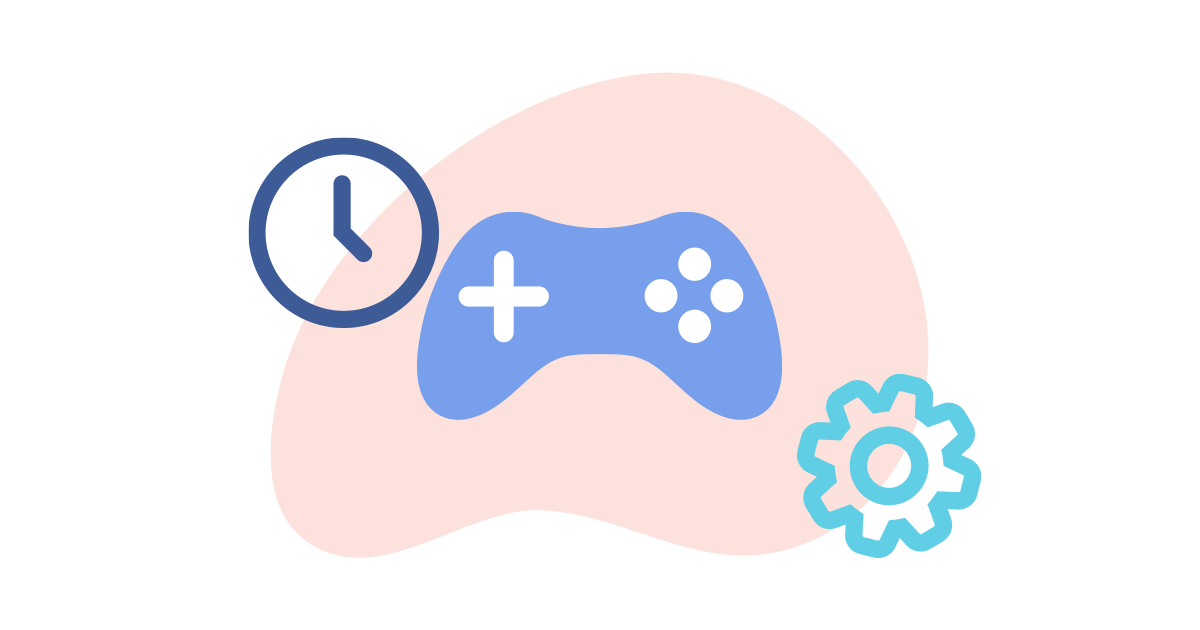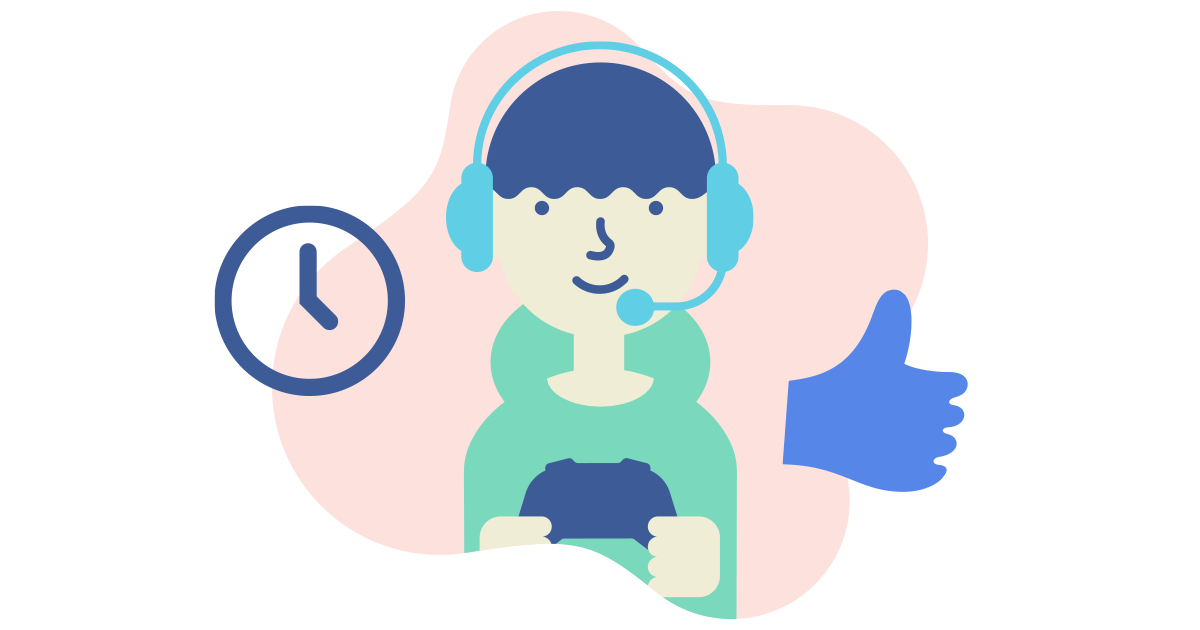Gaming risks and benefits
Advice for Parents & Carers
Learn how gaming can impact a child with additional learning needs positively and negatively and ways to support them.

We are all aware of the worries about gaming: too much gaming, isolated young people not learning social skills, being lured into gambling or being harmed by groomers, all the while snacking and becoming obese. This is a gloomy picture, but is it the whole picture? Media stories tend to focus on the negative. There is a lot more to it.
While all these risks exist, there are also risks in everything we do. How do parents keep calm and assess the situation? Maybe there are gains to be had from gaming that are less talked about?

Benefit of gaming
It’s a key to real-world friendship because young people can chat about strategies and favourite characters, particularly if your child finds learning neurotypical social skills a bit like learning a second language.
For some young people, gaming helps them calm down or tune out the real-world worries that they face. ‘I manage my anger by playing games’ explained a 15-year-old in a UK survey. Another talks about escaping their worries at home where there are family and health problems. Having fun is good for our mental wellbeing. Casual games such as Angry Birds or Temple Run can offer short-term, immediate fun and relaxation to unwind stress. Video games can provide an alternate world.
It can inspire creativity, e.g. some gamers love to draw characters from games and learn anime and Japanese pop art styles and techniques.
Your child might be developing skills that he or she can use in a future career or learn valuable skills. AskAboutGames ‘Thriving Futures: A Rough Guide to Game Careers ‘ gives good advice on what careers are available within the gaming industry.
.
Risks of gaming
Too much of anything can interfere with wellbeing and that is also true with gaming. The pull of it can be intense and managing a player’s time is difficult. If your child’s sleep, physical activity, learning and socialising are being impacted by their inability to stop gaming then there is cause for concern.
As some games try to improve safety for young people in the chat feature, the impatient young users in some cases simply ask each other to chat in another app simultaneously while playing. This might be unmoderated, encrypted, or risky in other ways. Some apps do cooperate well with law enforcement if this becomes necessary, whereas others may be in countries where we do not have legal agreements. Startup apps seldom have large numbers of moderators.
Some people argue that paying for in-game purchases when you don’t know what they might contain is a form of gambling and puts young people on a pathway to gambling. Check the settings and make sure your credit card cannot be used without your permission. Talk to your child about the fact that it is real money.
Your young player might be invited to meet up by someone they chat to while gaming. They can present themselves as a young person. They often praise the young player’s skills and offer to teach them new ones. It seems innocent.
Tips to manage the risks
Family life does matter and interacting with others is appealing – it is what humans do! So it is a challenge for parents to strike a balance and there is no magic solution other than talking to your child, showing an interest in the games he or she plays and creating a balanced dialogue together about what is a healthy amount of gaming.
For games played on phones or tablets, you can give your child an alert twenty minutes before you plan for everyone to eat – giving them time to achieve the next level and stop then rather than being called at the moment they might achieve the level they’re aiming at.
Your child should agree to:
- Never arrange to meet up with someone they met in a game without telling an adult or someone they trust
- Taking someone along with them to the meetup – an older sibling cousin or parent
- Only meeting in a public place where there are many people around
- Doing an online search to try to find out more about this person and their social media profile
Further support
- Advice on chatting to strangers
- Advice on the pressure to overshare
- Advice on sharing nudes or sexting
- Advice on online pornography
- Advice on extremist views hate speech and hidden adverts
See Internet Matters Gaming Advice Hub for more support.
There is also advice to your child in The Hard Stuff for children and young people and resources within the section Things To Do Together.
